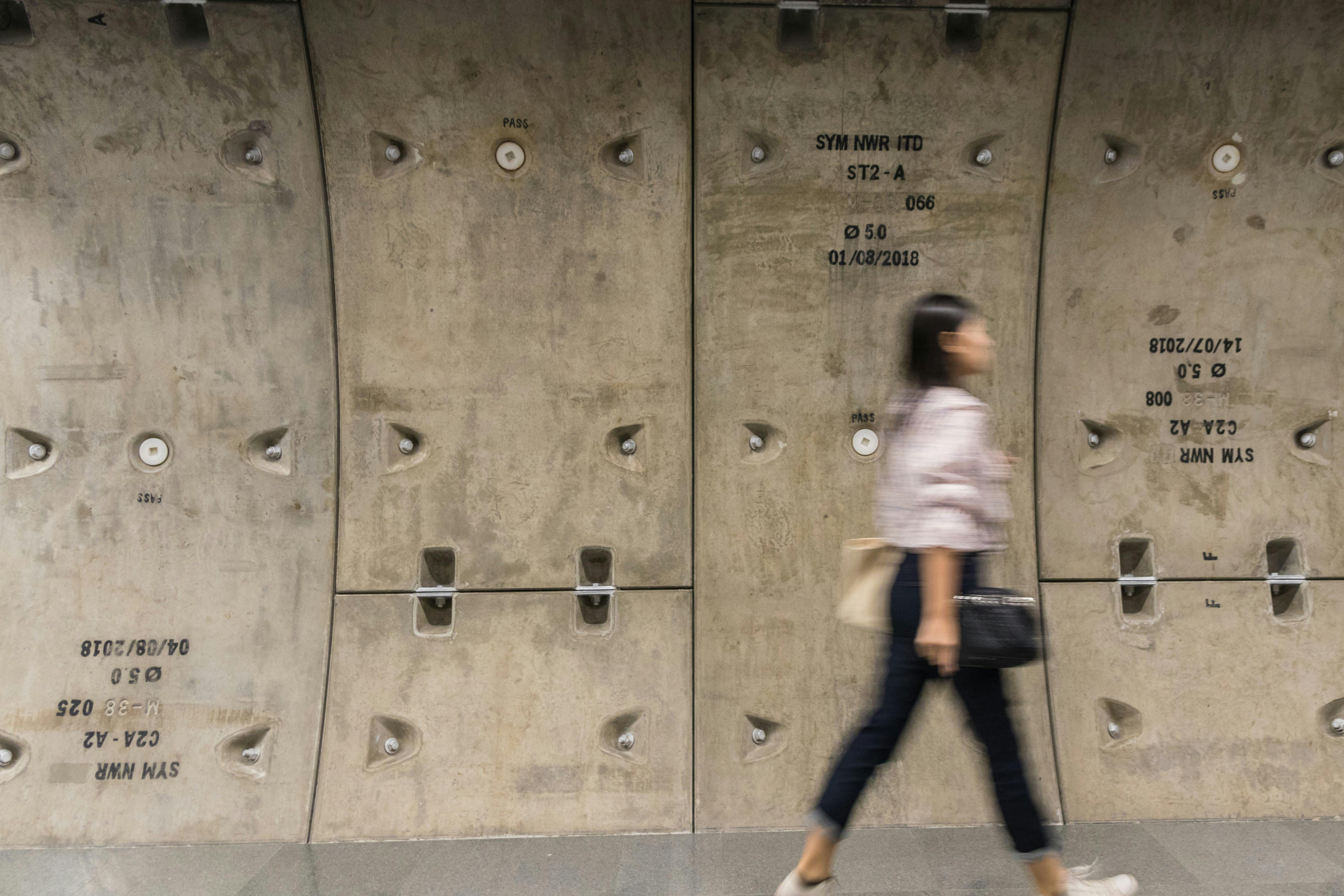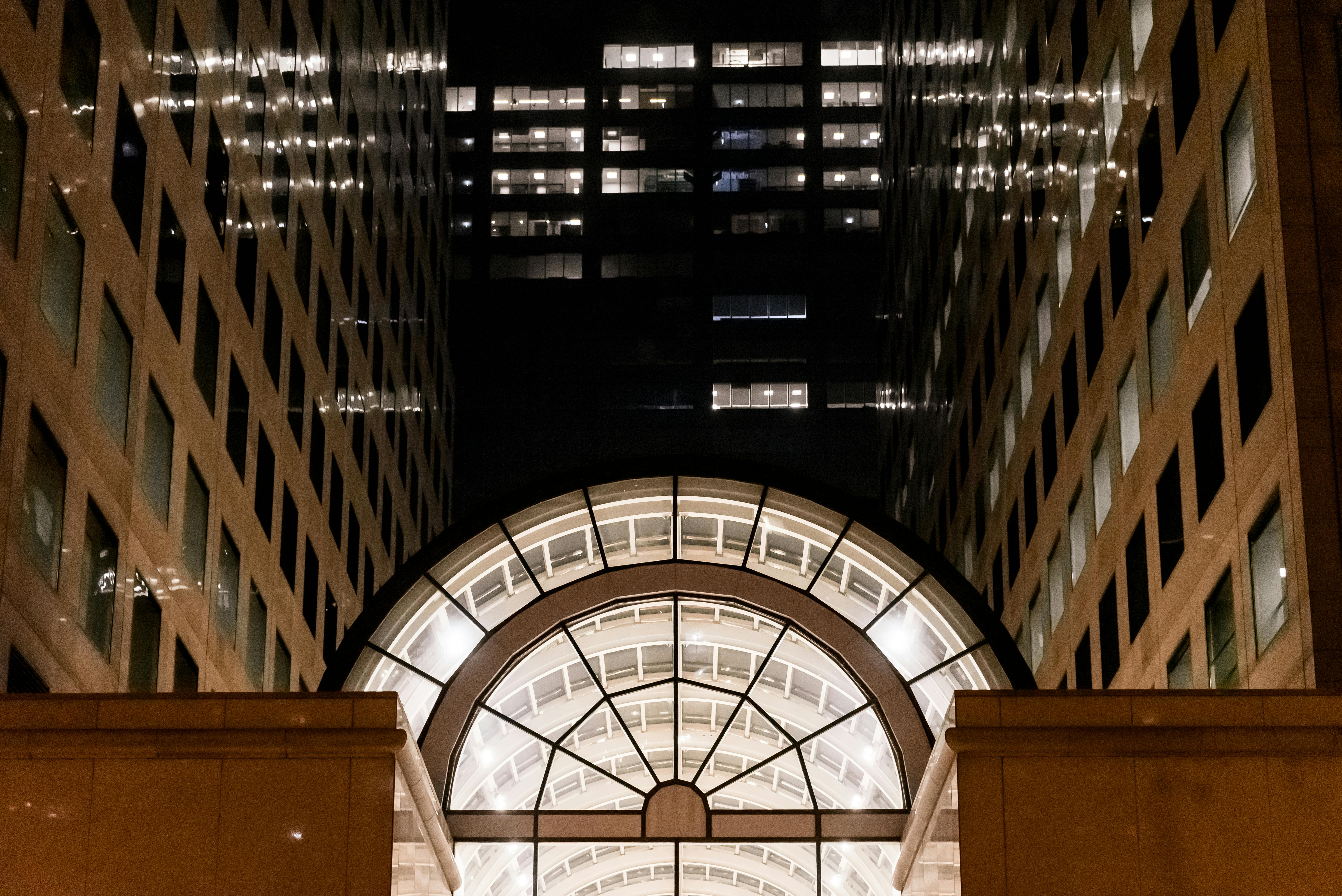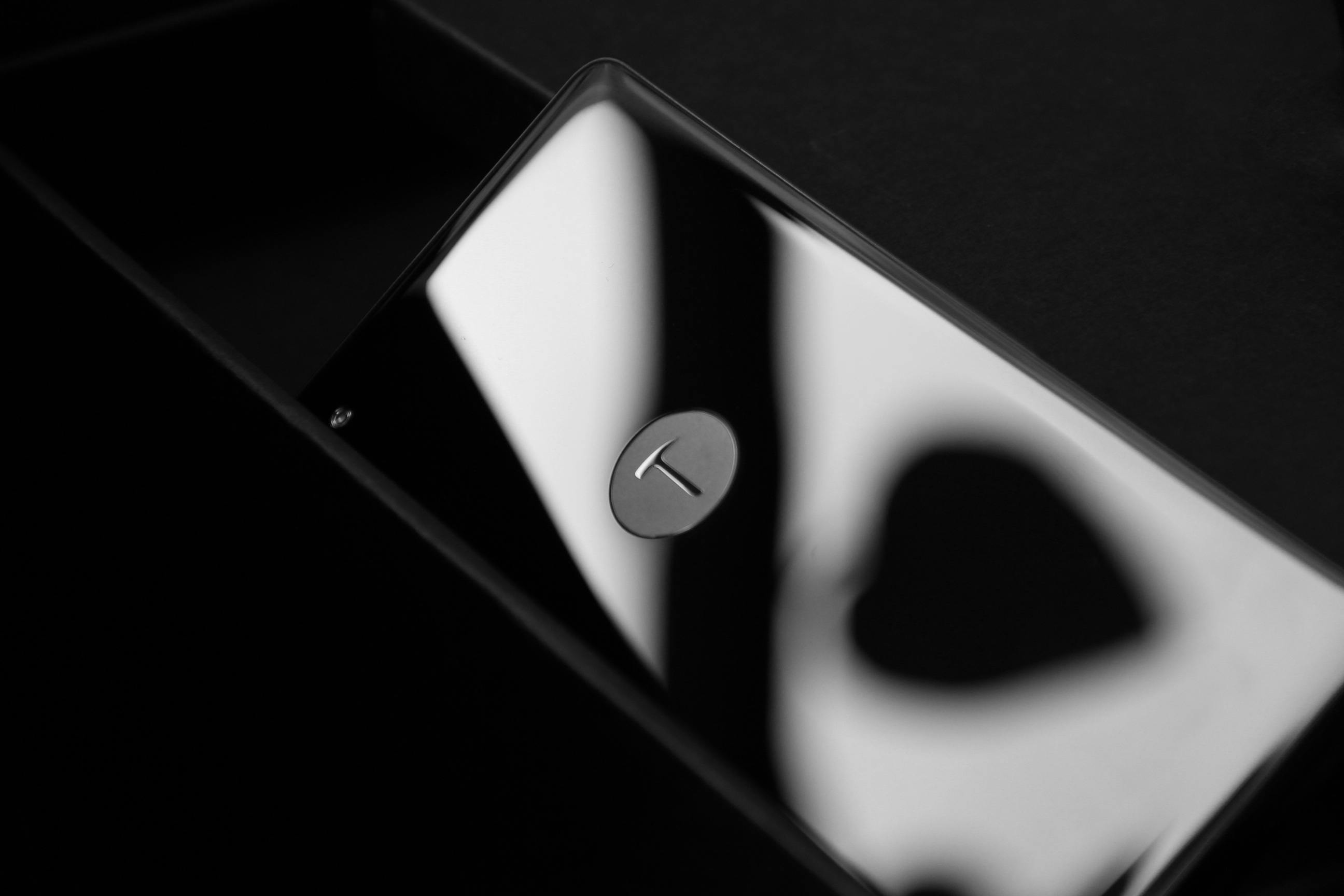
Foreclosure Property Money Wells: Advice From A Certified Home Inspector
New home buyers should be extremely cautious about hidden property flaws in a foreclosed real estate purchase. Recent national real estate data reports that most real estate transactions are now part of a foreclosure process. At the same time, a significant percentage of these buyers have waived the recommended professional home inspection process. Buyers skip this prudent inspection process in some cases because they have been misinformed by the bank, and in others that the property will only be sold “as is” and repairs will not be completed. As an experienced real estate inspector (involved in hundreds of foreclosure inspections), I can report that the “as is” rational for forgoing a professional home inspection will not only cost the buyer thousands of dollars in the price of purchase and repair losses, but also putting the buyer’s family at risk of undiscovered safety and environmental hazards.
Having a diligent professional inspect the home in foreclosure is just as important as inspecting a home where the owner-occupier is available, perhaps more so. Sellers and their representatives must disclose all known significant defects. But, if a foreclosed home is owned by a bank, the bank has never lived in the property, so there is likely not much information in the disclosure statements. In this situation, it is especially important to take the necessary measures to know the true state of the property. Homes generally go into foreclosure because the owner can no longer pay the mortgage payments and has moved out. As a result, maintenance and repairs are also neglected. In many cases, the landlord or tenant is angry and actually removes or destroys the main systems in the house. It is essential that buyers are aware of the condition of the structure and all major systems. Only a certified real estate inspector will provide that information.
The “as is” statement has been touted to mean that the bank will not repair any defects found. My experience is the opposite. My inspection clients have reported that banks are often liable for costly or safety-hazardous defects reported by a certified inspector. Even if the bank is unwilling to negotiate on discovered defects, the information the buyer receives from a thorough home inspection is invaluable in making an informed purchasing decision. And even if there are plans for a significant remodel, why risk discovering problems with the furnace, foundation, or structure after you close out the escrow and get to work? It’s best to eliminate any big financial, safety, and environmental surprises by reporting problems ahead of time through a detailed home inspection. The inspection process is really the only way to find out if the foreclosed property is really a good financial deal or not.
Home buyers, banks, or sellers should enlist the services of qualified inspectors who are trained and experienced in home inspection. It is also vitally important that the inspector is a certified member of a well-founded professional association such as ASHI (American Society of Home Inspectors). ASHI is the largest and oldest inspection association in the country. ASHI certified inspectors must adhere to CREIA’s Code of Ethics and follow the Standards of Practice developed and maintained by the Association. Recognized by national consumer associations, these Standards of Practice are considered the source of the Home Inspector Standard of Care by both the real estate and legal communities.






